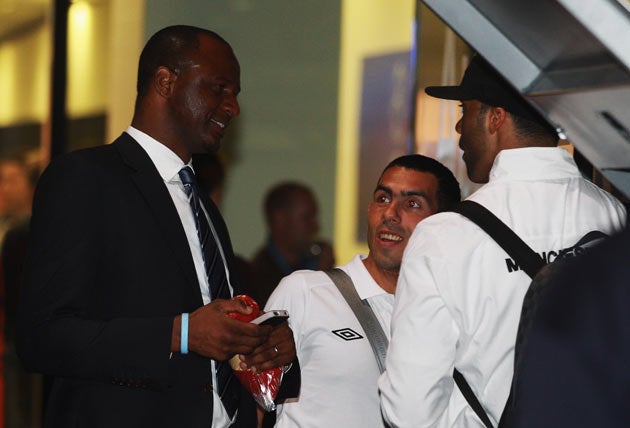The legal situation: Gross misconduct would justify termination of contract

Carlos Tevez's apparent refusal to take the pitch on Tuesday may be a breach of contract. If so, City would be entitled to terminate the Argentine's deal, and could even pursue him for damages.
Roberto Mancini insisted after the game in Munich that Tevez would not come on as a substitute. Tevez has explained this as a "misunderstanding", but if the facts suggest otherwise and he had in fact refused, there is a strong argument that it would constitute a breach of contract.
"A refusal to play could be an act of gross misconduct," said Neil Johnston, a senior associate in employment law at Field Fisher Waterhouse. Tevez's contract implies that he should play football when asked to do so, and if he did not, he disobeyed a reasonable instruction from his employer.
If Tevez was guilty of gross misconduct, City would be entitled to terminate his contract. In that case, however, Johnston warned: "They'd have to make up their minds quickly. It would be a matter of days or weeks rather than months." Failing to act soon could be seen to affirm the contract, stopping City from tearing it up.
If City do terminate, they may pursue Tevez for any future transfer fee which they miss out on. "If City do find him in breach of contract and terminate they could also seek to recover the value of his future transfer fee," said Johnston. When Chelsea ended Adrian Mutu's contract, after the striker's positive test for cocaine in 2004, they sought damages via Fifa's dispute resolution chamber and won £14m from the striker.
The club may not have the option of keeping the contract alive but refusing to play him. If Tevez stays, he would be owed fair consideration for selection, and the failure to give him that could even be a breach of contract by City.
Join our commenting forum
Join thought-provoking conversations, follow other Independent readers and see their replies
Comments
Bookmark popover
Removed from bookmarks